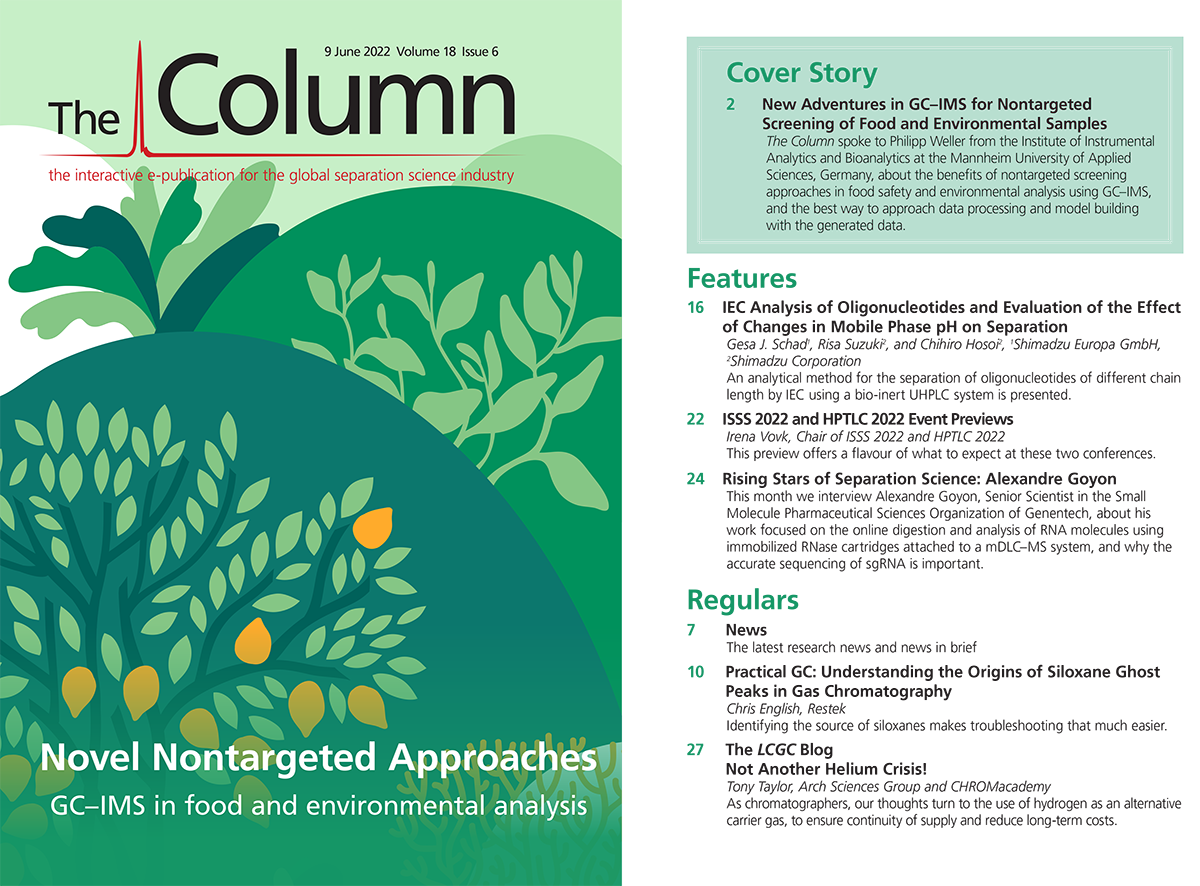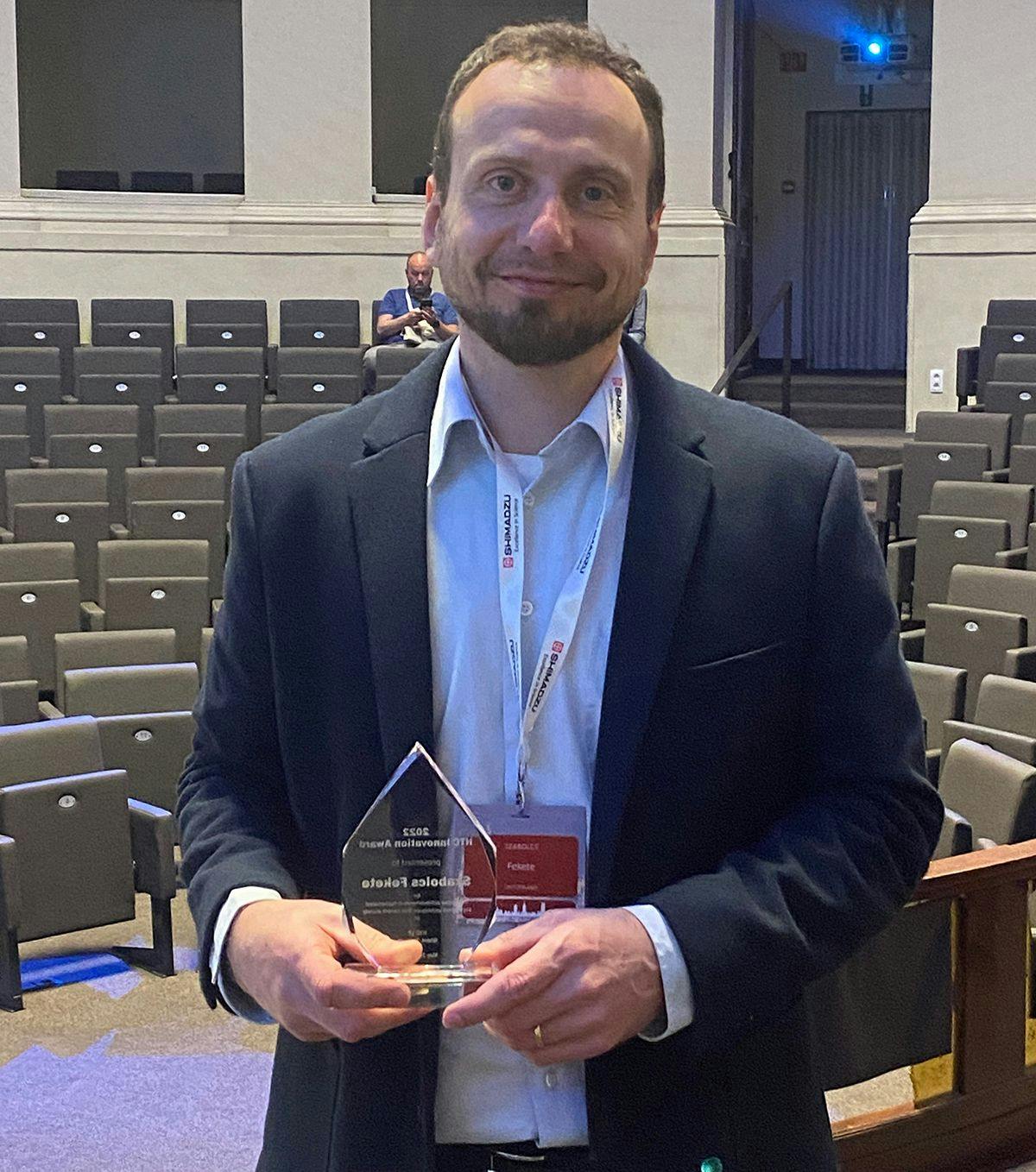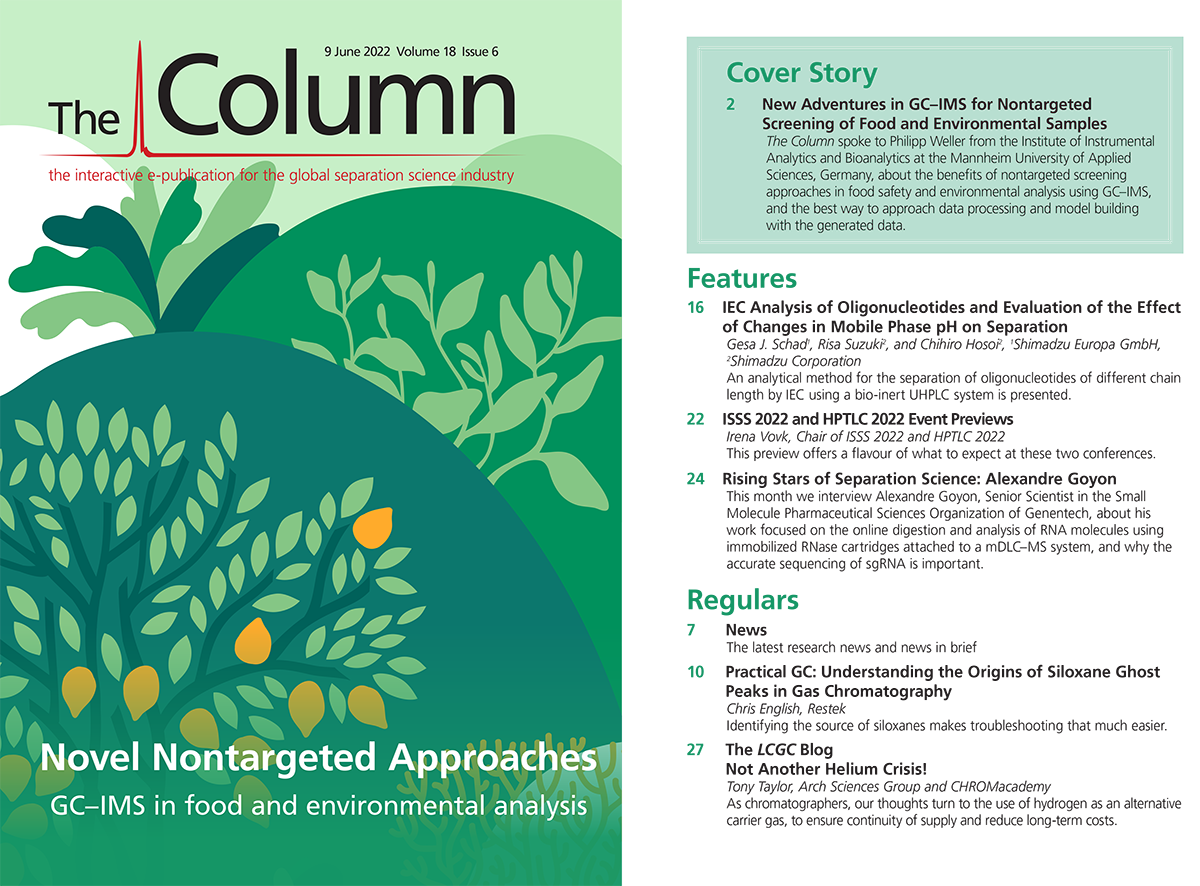BioMed X Launches Ukraine Funding Programme
BioMed X (Heidelberg, Germany) has announced the start of its “Ukraine Refugee Funding Programme” that supports doctoral students and masters-level researchers in the life sciences who cannot continue their work at institutions in Ukraine. In collaboration with some of its partners, BioMed X aims to give these scientists the opportunity to continue their work in a research group at the BioMed X Institute in Heidelberg for a period of up to four years. Candidates should have a master’s degree, as well as research experience, in either molecular/cell biology, bio-organic chemistry, pharmacology, or physics. Knowledge of the German language is not required.
Thomas Rückle, Senior VP and Head of Research at the BioMed X Institute, commented: “The situation in Ukraine is a tragedy that requires a joint effort to offer support and help. Our BioMed X Institute is a place where early-career scientists are given the opportunity to develop themselves. Together with some of our partners we launched this funding programme because we sincerely hope to provide a scientific home for some of the researchers who cannot continue their career in Ukraine.”
For further information, please click here: https://bio.mx/landingpage/ukraine

HPLC 2025 Preview: Functionalized Monoliths as Selective Sample Preparation Materials
May 16th 2025Analyzing trace compounds from complex samples often requires purification and pre-concentration, and online coupling of solid-phase extraction (SPE) with liquid chromatography (LC) helps minimize analysis time and solvent/sample use. Monoliths with large macropores are ideal for this coupling due to their low back pressure and versatility in various formats.
Quantifying Inorganic Carbon in Soil Using Sulfamic Acid and Gas Chromatography
May 15th 2025Researchers at Andes Ag, Inc. (Alameda, California) established a high-throughput framework for the robust and precise quantification of soil inorganic carbon (SIC) from agricultural soils using gas chromatography (GC).
Analysis of Ultrashort-Chain and Short-Chain (C1 to C4) PFAS in Water Samples (May 2025)
May 15th 2025In this study, an accurate, reliable analytical LC-MS/MS method for PFAS in water was developed to specifically quantify C1 to C4 PFAS in both potable and non-potable sources. A direct injection workflow was implemented to simplify the testing process and to avoid potential contamination originating from poor sample preparation procedures.
Analysis of PFAS in Milk by LC-MS/MS
May 15th 2025Dairy milk is one commodity that can be impacted by environmental contaminants, such as PFAS, so it is important to implement extensive, robust, and accurate testing. In this work, a sensitive and reliable method was developed for the analysis of PFAS in milk by LC-MS/MS at levels as low as 0.01 µg/kg.

.png&w=3840&q=75)

.png&w=3840&q=75)



.png&w=3840&q=75)



.png&w=3840&q=75)















